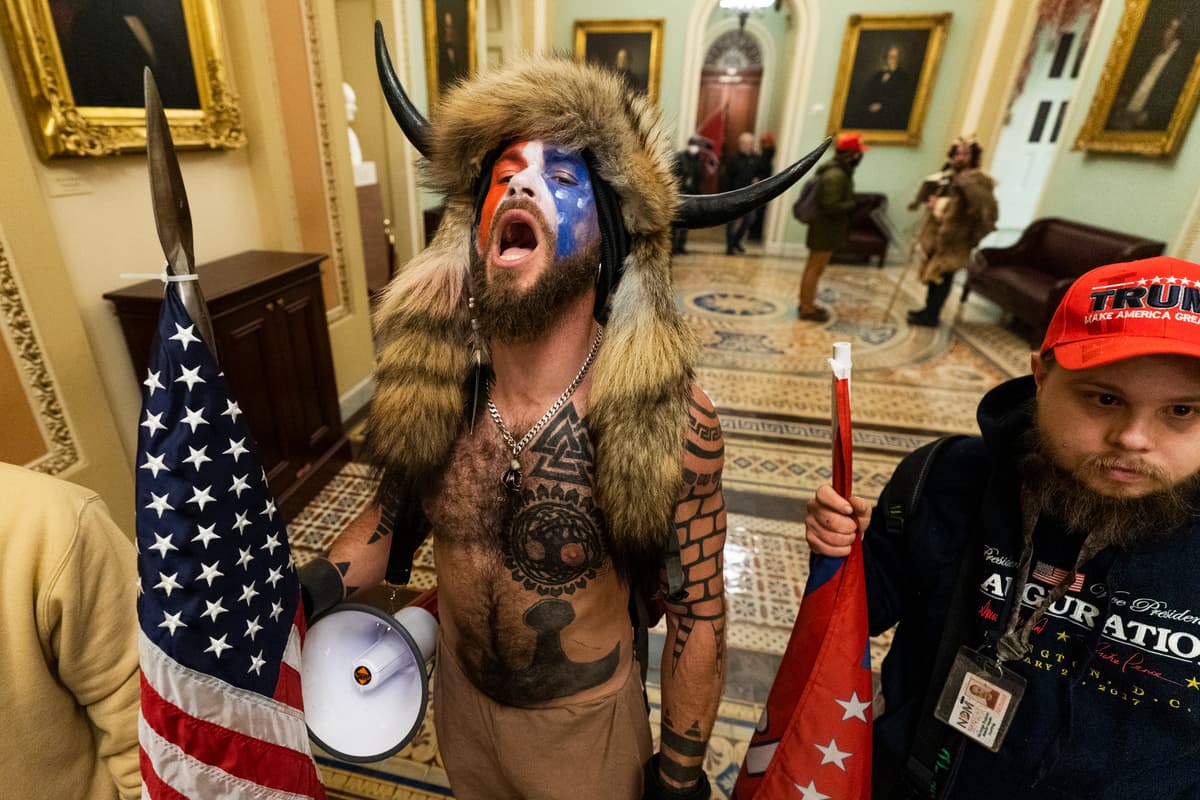Justice Jackson and the ‘QAnon Shaman’ Make Common Cause on Due Process
The justice and the rioter both cite a landmark Supreme Court case.

The Supreme Court’s denial of certiorari in a death penalty case, Brown v. Louisiana, that turned on what exculpatory evidence government prosecutors are required to make available, brings into focus the Constitution’s demands in the crucible of the state’s ultimate punishment, and in the face of the January 6 riot.
Please check your email.
A verification code has been sent to
Didn't get a code? Click to resend.
To continue reading, please select:
Enter your email to read for FREE
Get 1 FREE article
Join the Sun for a PENNY A DAY
$0.01/day for 60 days
Cancel anytime
100% ad free experience
Unlimited article and commenting access
Full annual dues ($120) billed after 60 days

